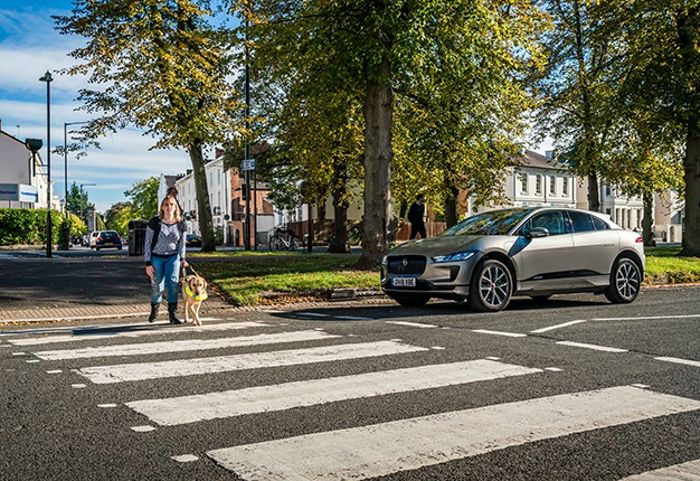The UK Government has announced plans to toughen up the rules on vehicle idling and launched legislation that requires manufacturers to install an acoustic sound system in new types of quiet electric and hybrid electric vehicles to improve road safety.
Poor air quality is considered to be the biggest environmental risk to public health in the UK. Vehicle idling is a major factor in poor air quality, particularly in areas with large numbers of waiting vehicles, such as outside schools, at taxi ranks and bus stations. Every minute, an idling car produces enough exhaust emissions to fill 150 balloons with harmful chemicals, including cyanide, NOx and PM2.5. The microscopic pollutants can result in a range of health problems, from heart and lung disease to strokes and cancer and have been shown to be particularly damaging to children.

Under the new proposals, drivers that leave their engines running while parked could face tougher penalties. Councils already have the power to fine drivers, but the Department for Transport (DfT) is looking at toughening up those powers to try and put a stop to unnecessary air pollution. The consultation, expected to launch this summer, will also explore how to deal with repeat offenders who keep their engines running following several warnings, including increased fines. The plans, which would represent the biggest change to the rules since 2002, will also provide guidance to local authorities on their anti-idling powers, enabling them to enforce the law more effectively.
“We are determined to crack down on drivers who pollute our communities by leaving their engines running, particularly outside school gates where our children are breathing in this toxic air,” explained UK Transport Secretary, Chris Grayling. “Putting a stop to idling is an easy way to drive down dangerously high levels of pollution, reducing its impact on the environment and our health.”
 Under the new legislation that came into effect on July 1, manufacturers must fit acoustic sound systems to new types of quiet electric vehicles (EVs) to prevent them being too silent. Vehicles will now have systems to produce a sound when they are reversing or driving below 12mph (20km/h), providing greater confidence to vulnerable road users. The sound generated will be similar to that made by a conventional engine and can be temporarily deactivated by the driver if judged necessary. The new regulation to make acoustic systems within EVs compulsory will allow those who are visually impaired to hear vehicles more easily. The news comes ahead of the one year anniversary of the government’s ‘Road to Zero’ strategy, which has helped to achieve record levels of ultra-low emission vehicles on UK roads.
Under the new legislation that came into effect on July 1, manufacturers must fit acoustic sound systems to new types of quiet electric vehicles (EVs) to prevent them being too silent. Vehicles will now have systems to produce a sound when they are reversing or driving below 12mph (20km/h), providing greater confidence to vulnerable road users. The sound generated will be similar to that made by a conventional engine and can be temporarily deactivated by the driver if judged necessary. The new regulation to make acoustic systems within EVs compulsory will allow those who are visually impaired to hear vehicles more easily. The news comes ahead of the one year anniversary of the government’s ‘Road to Zero’ strategy, which has helped to achieve record levels of ultra-low emission vehicles on UK roads.
UK Roads Minister, Michael Ellis, said, “The government wants the benefits of green transport to be felt by everyone, and understands the concerns of the visually impaired about the possible hazards posed by quiet electric vehicles. This new requirement will give pedestrians added confidence when crossing the road.”





